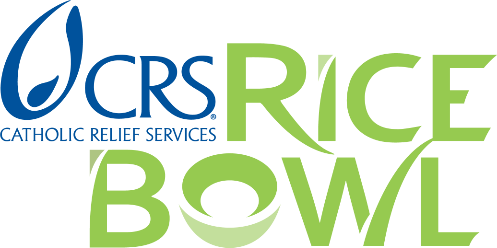Tuesday, April 8
The Tenth Station:
Jesus Is Stripped of His Garments
“For creation awaits with eager expectation … in hope that [it] would be set free from slavery to corruption and share in the glorious freedom of the children of God.”
-Romans 8:19–21
When we think of those necessities the poor sometimes go without, there are probably several key items that come to mind: food, water and shelter, to name a few. Certainly, as we reflect on this week’s Story of Hope from Haiti, we recognize the importance of good healthcare for the development of children and communities.
But in providing these, it is important that we do so in a sustainable way-what changes can we make that will last and be perpetuated? Giving a man a fish, as the old adage goes, only solves the problem for one day.
We must look at the world from which these goods come. How do people-the poor and rich alike-get food and water? Are we living in environments that are conducive to good health? Questions like these have ecological and environmental answers. Think on the work of Louisma Toussaint and her fellow volunteers-they nurture a community garden and bring home vegetables and fruits they’ve grown themselves. In so doing, they provide healthier meals for their children through a sustainable, community-based project.
God calls us to be good stewards of the resources he has given us, to look out for one another by sharing and collaborating rather than grabbing up everything we can get now and worrying about others later. After all, teaching a man to fish will be of little value if we’ve left him a polluted pond.




